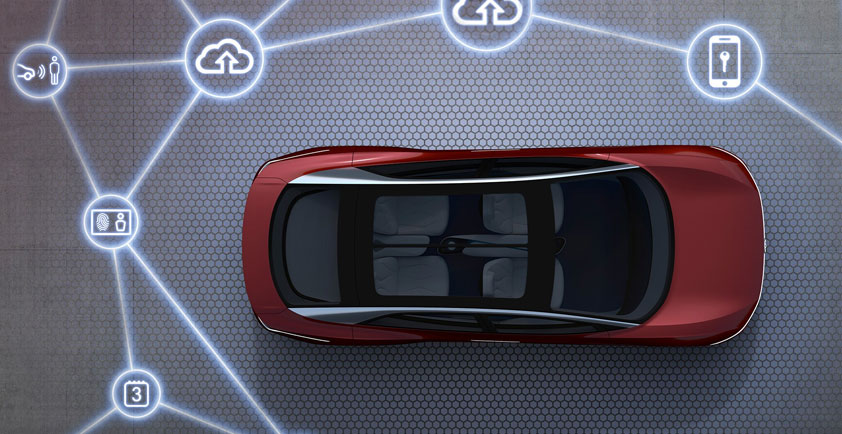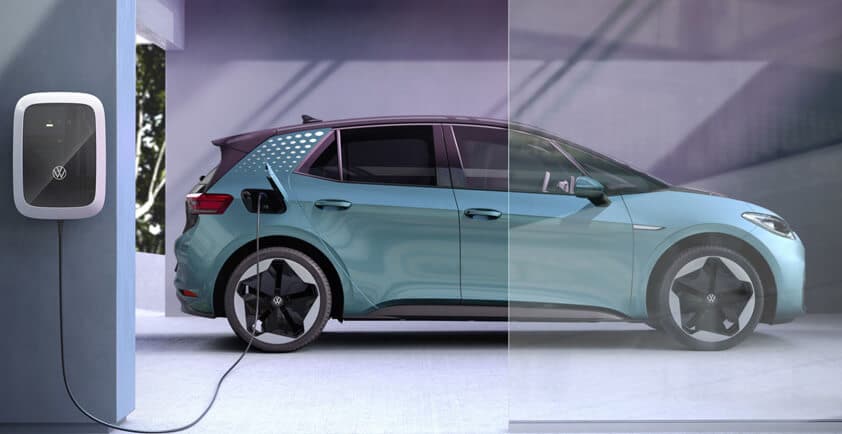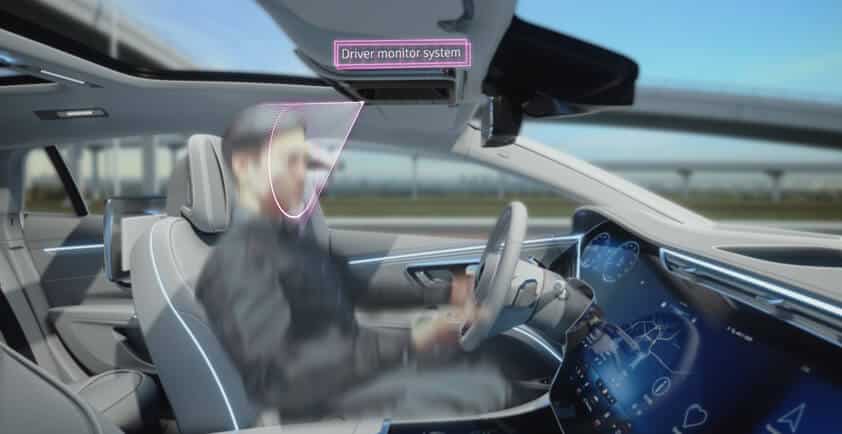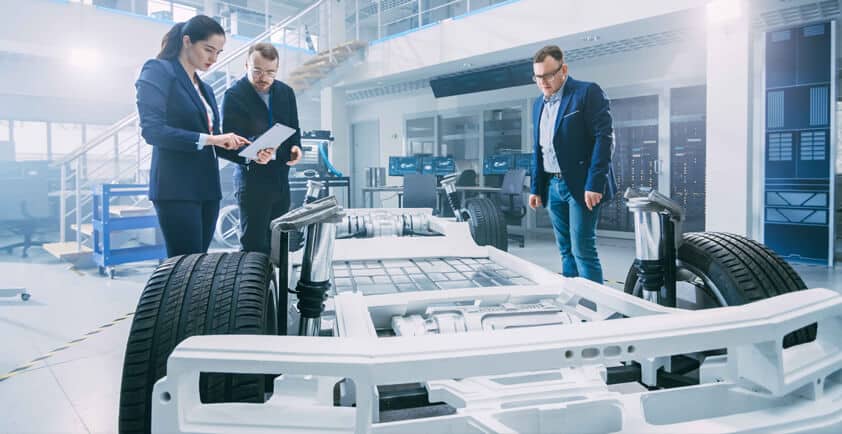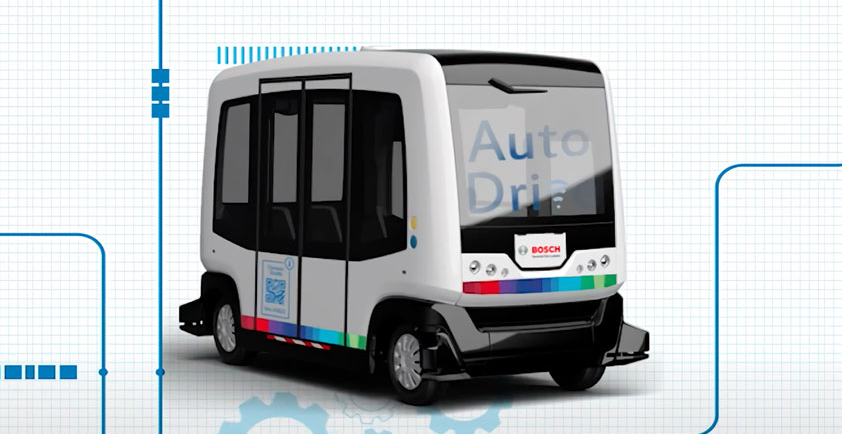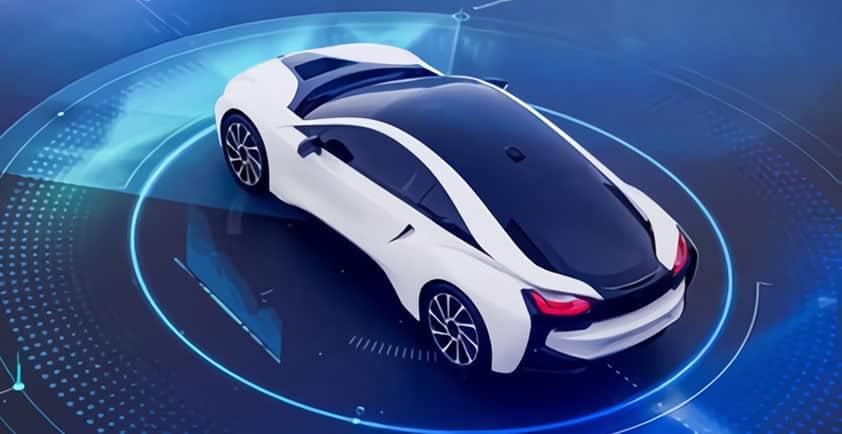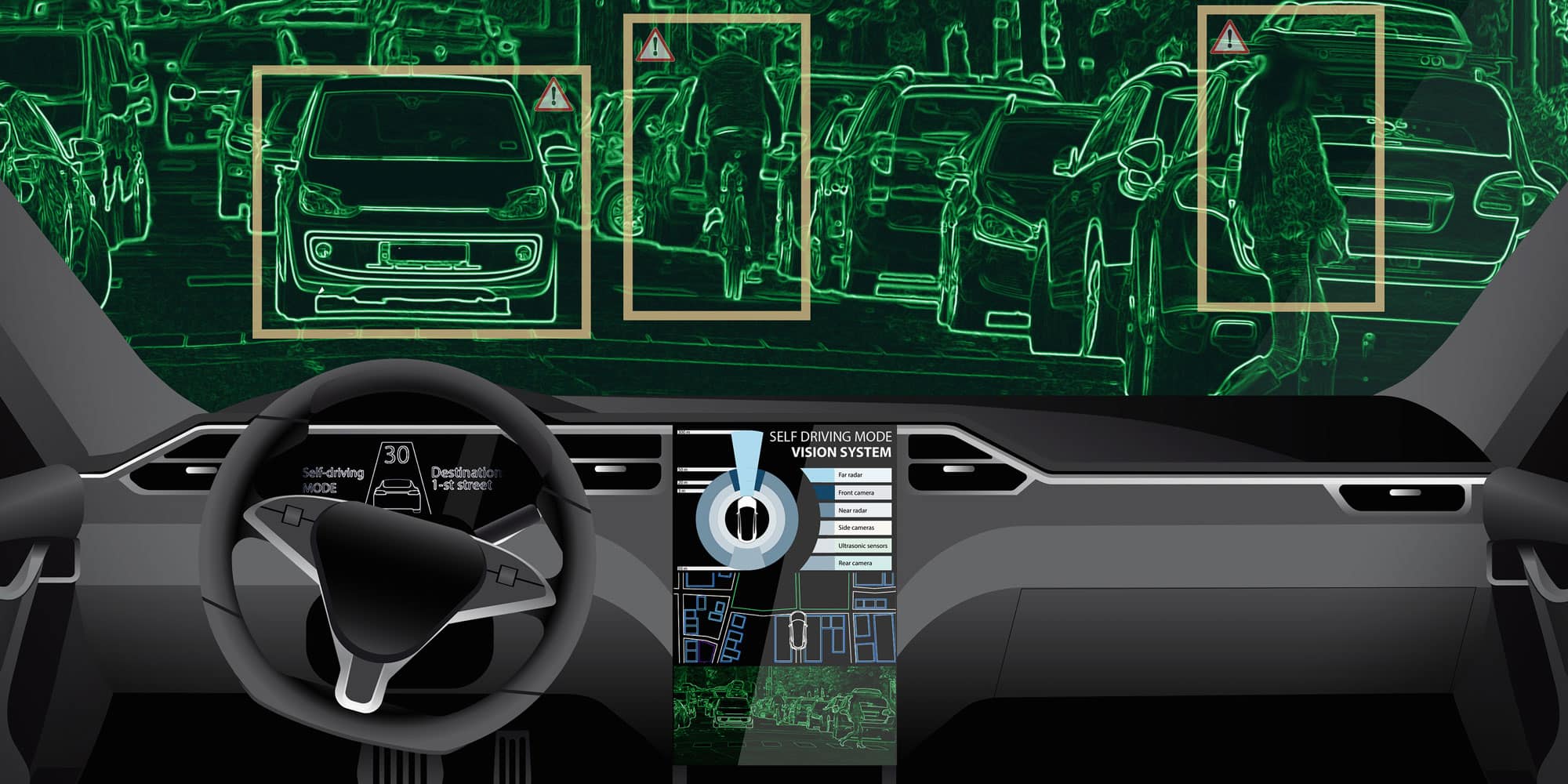
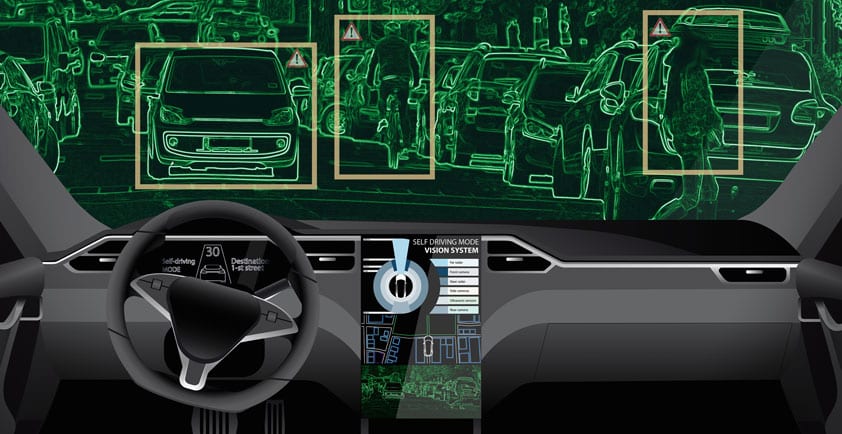
INFINEON AND SYNOPSYS COLLABORATE TO ACCELERATE ARTIFICIAL INTELLIGENCE IN AUTOMOTIVE APPLICATIONS
Mountain View, California, and Munich, Germany – Artificial intelligence (AI) and neural networks are becoming a key factor in developing safer, smart and eco-friendly cars. In order to support AI-driven solutions with its future automotive microcontrollers, Infineon Technologies AG has started a collaboration with Synopsys, Inc. Next generation AURIX™ microcontrollers from Infineon will integrate a new high-performance AI accelerator called Parallel Processing Unit (PPU) that will employ Synopsys’ DesignWare® ARC® EV Processor IP.
AI and neural networks are fundamental building blocks for future automated driving applications such as object classification, target tracking, or path planning. Furthermore, they play an important role in optimizing many other automotive applications, helping to reduce the cost of ECU systems, improving their performance and accelerating time-to-market. For example, they enable an optimized engine auto-calibration and reduce the number of sensors by producing accurate mathematical models of the physical reactions occurring in a system. At the same time, however, AI applications require much higher computing power than standard algorithms.
“By developing the PPU together with Synopsys we make sure that our future microcontrollers will provide the safety features, throughput, and power-efficient performance necessary to meet increasing AI computational requirements,” said Peter Schäfer, head of the microcontroller business line of Infineon’s Automotive Division. “This will prepare the AURIX for data-hungry automotive applications such as future gateways, domain and zone controllers, engine management, electro-mobility and advanced driver assistance systems.”
Already today, the AURIX supports certain types of neural networks. However, the PPU will take its real-time and AI capabilities to an entirely new level. The PPU’s performance will be significantly higher than that of today’s accelerators, enabling the AURIX to process the data from advanced sensors where it is currently bounded by real-time constraints, for example. The PPU will accelerate AI algorithms such as Recurrent Neural Network (RNN), Multi-Layer Perceptron (MLP), Convolutional Neural Network (CNN), and Radial Basis Function (RBF).
“In many AI-driven applications, safety is paramount,” said Joachim Kunkel, General Manager of the Solutions Group at Synopsys. “Combining the processing power and safety features of our ARC EV Processor with the proven architecture of the AURIX will enable the development of automotive systems at the highest levels of functional safety.”
The EV Processor is supported by Synopsys’ MetaWare EV Development Toolkit for Safety, which speeds safety-compliant application software development for automotive designs. The resulting AURIX toolchain will support model-based designs, enabling the latest software design strategies and reducing the increasingly demanding automotive time-to-market.
Furthermore, by supporting convolutional neural networks, the PPU will help pave the way to holistic security systems. It will enable layered security concepts supporting techniques for intrusion detection and prevention systems like deep packet inspections or system entropy monitoring.
About Synopsys
Synopsys, Inc. (Nasdaq: SNPS) is the Silicon to Software™ partner for innovative companies developing the electronic products and software applications we rely on every day. As the world's 15th largest software company, Synopsys has a long history of being a global leader in electronic design automation (EDA) and semiconductor IP and is also growing its leadership in software security and quality solutions. Whether you're a system-on-chip (SoC) designer creating advanced semiconductors, or a software developer writing applications that require the highest security and quality, Synopsys has the solutions needed to deliver innovative, high-quality, secure products. Learn more at www.synopsys.com.
